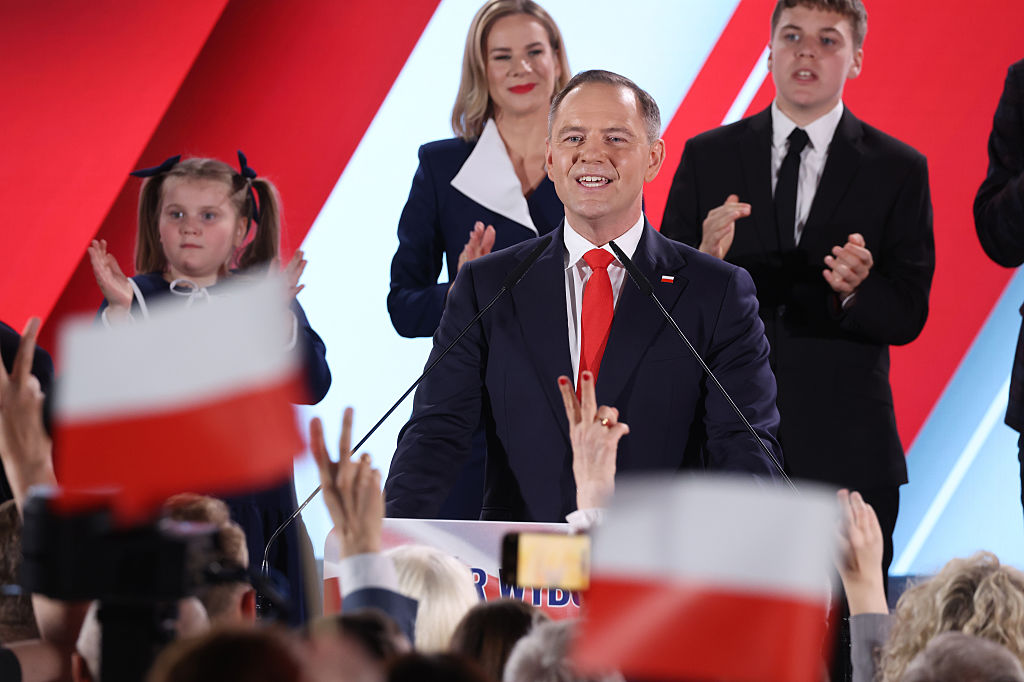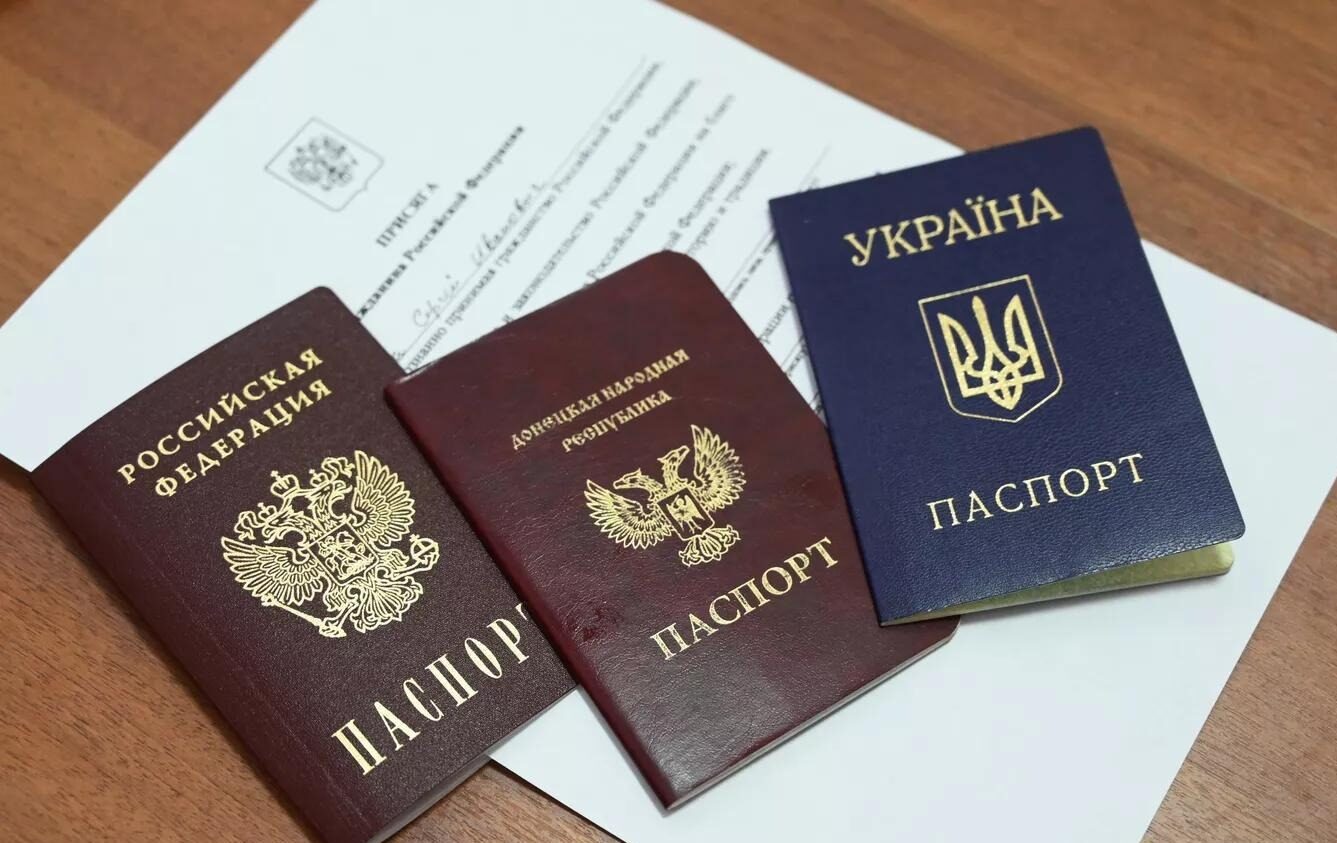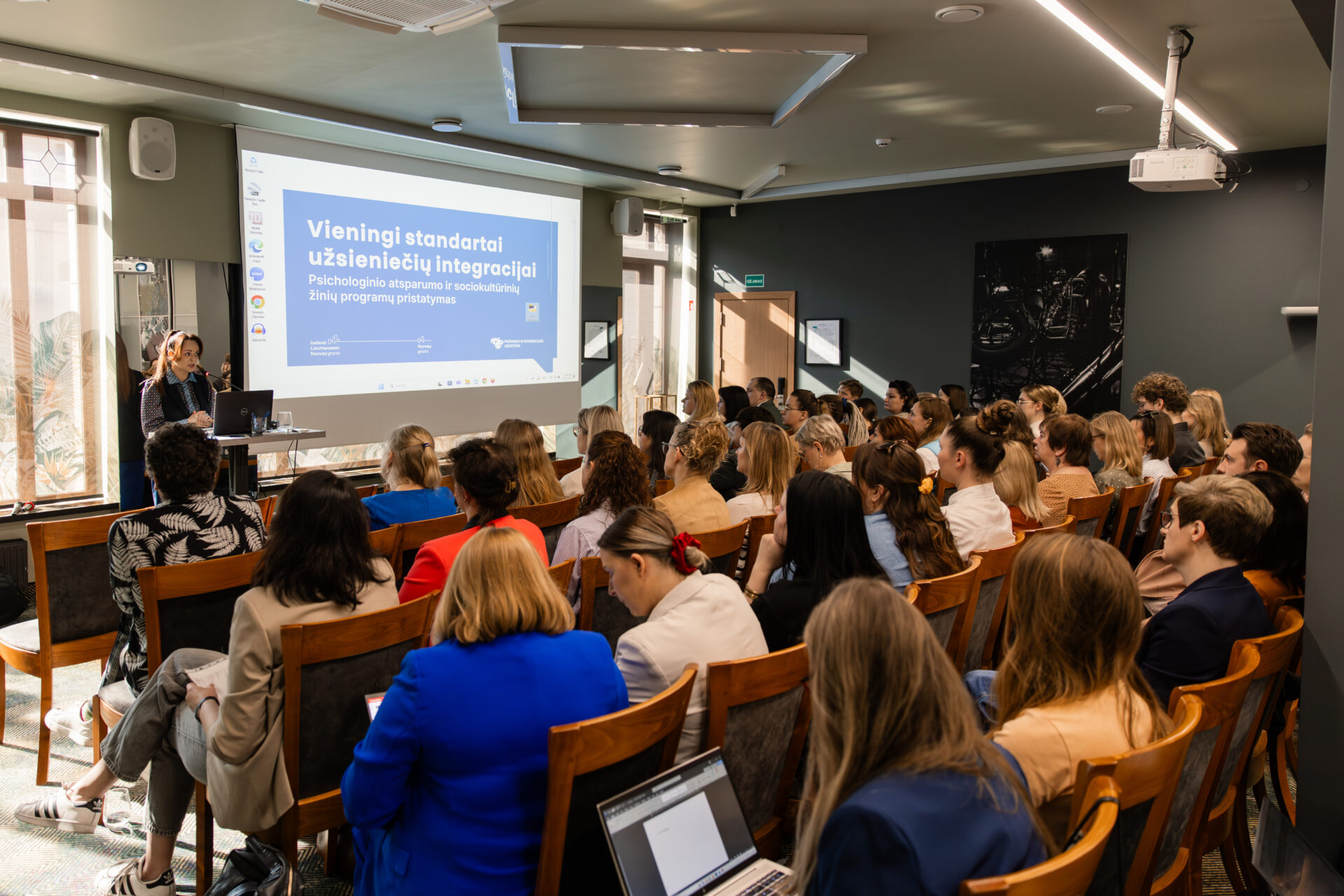
Poland’s Presidential Elections Reveal Domestic Fissures and National Commitments
Poland’s Presidential Elections Reveal Domestic Fissures and National Commitments
Jamestown Senior Fellow Janusz Bugajski is the author of Pivotal Poland: Europe’s Rising Power. The book explores the nature and context of Warsaw’s determined efforts to shape NATO’s eastern policy, maintain a strong alliance with the United States, and build a robust, modern military capable of resisting Russia’s aggression.
Executive Summary:
- Karol Nawrocki, the candidate of Poland’s main opposition party, narrowly defeated Rafał Trzaskowski, the coalition government’s nominee, to win the Polish presidency.
- The election campaign was hotly contested and controversial, with both candidates and their supporters accusing their rivals of personal scandals and policy catastrophes. Some politicians even claimed that they presented a choice between the West and the East.
- The result indicates there will be little change in Poland’s foreign and security policy, as both the government and the President are committed to a well-armed Poland, a strong North Atlantic Treaty Organization (NATO), and close relations with the United States.
- The elections served as a warning sign ahead of the 2027 parliamentary elections that more attention needs to be paid to young voters who are increasingly alienated from the two major parties
Karol Nawrocki, the candidate of the main opposition party in Poland, Law and Justice (Prawo i Sprawiedliwość, PiS), narrowly defeated Rafał Trzaskowski, the mayor of Warsaw and nominee of the Prime Minister Donald Tusk administration, in the second round of Poland’s presidential elections (Wyborcza.pl, May 2). He will assume office on August 6 when the current Polish President Andrzej Duda’s second five-year mandate expires. Nawrocki secured 50.89 percent of the votes, while Trzaskowski reached 49.11 percent. The results will prolong the deadlock between the government and the president in passing legislation to reform the judiciary, loosen abortion restrictions, and recognize same-sex marriages or civil unions. On the foreign policy front, the collaboration between the president and the government in strengthening Poland’s security and national defenses will continue. The results will also have longer-term repercussions for both major parties, who need to be cognizant of Poland’s changing electorate as the 2027 parliamentary elections approach.
The presidential election campaign was hotly contested and controversial, with both candidates and their supporters accusing their rivals of personal scandals and policy catastrophes. Partisan commentators presented the presidential elections in apocalyptic terms. For PiS loyalists, the elections were a battle for the soul of Poland. A Trzaskowski victory would have allegedly resulted in attacks on families, the Church, and national identity. Nawrocki was presented as the last defense against this “ideological revolution” (Center for Monitoring Antipolonism, May 18). Nawrocki claimed voters will have to choose either a “flesh-and-blood man” who knows what life is like for ordinary Poles or a “coward” beholden to “German foundations, German capital, developers, bankers, and millionaires” (TVN24, May 289) While the PiS narrative asserted that Trzaskowski would extinguish Polish sovereignty by ensuring German and EU dominance over the country and diminish links with the United States, Tusk’s Civic Coalition (Koalicja Obywatelska, KO) claimed that the elections were a choice between the West and the East. A Nawrocki win could serve to isolate Poland from Western democracies and link the country with autocratic regimes tied to Moscow (Interia, April 28).
Hyperbole aside, there is likely to be little change in Poland’s foreign and security policy, and Nawrocki is expected to continue Duda’s approach. Both major parties have demonstrated their commitment to the North Atlantic Treaty Organization (NATO), the U.S. alliance, Ukraine’s self-defense, and opposition to Russian imperialism. Moreover, the president has limited powers, and although he is the commander-in-chief of the armed forces, the government determines foreign and military policy. The president, however, can initiate and block legislation, and Duda has used his veto as president to block reforms to the justice system that the Tusk government has been trying to enact since his government assumed office in December 2023. A presidential veto can only be overridden with a three-fifths parliamentary majority, a difficult proposition in a deeply divided legislature where even one of the governing parties opposes easing abortion laws despite the pledges of the other coalition partners (Notes from Poland, July 12, 2024). Blocked legislation has led to growing frustration and a decline in public support among those who voted for the coalition government.
A full voter profile will take several days to assemble, but the high turnout of 72.8 percent was an all-time record for a presidential election (Euractiv, June 1). The results demonstrated the deep divide between the more socially liberal cities and conservative small towns and urban areas where Nawrocki prevailed. They also indicated a growing participation by young voters (Notes from Poland, June 1). Nawrocki received a substantial number of votes from supporters of the rightist libertarian Confederation Freedom and Independence (Konfederacja Wolność i Niepodległość) led by Sławomir Mentzen, who finished third with 14.8 percent in the first round of the elections (Wyborcza.pl, May 19). Mentzen’s supporters favor traditionalist Catholicism and a ban on all abortions. They generally oppose, however, what they view as PiS’s leftist economic policy, characterized by generous state benefits. Many are economically libertarian, calling for low taxes and deregulation for entrepreneurs, but ultra-conservative socially and disdain liberalism (Euractiv, May 21). While Mentzen’s supporters are predominantly young and urban, PiS voters are mostly older and poorer from smaller towns.
The elections served as a warning sign for both major parties ahead of the 2027 parliamentary elections. Currently, it appears that neither PiS nor the Civic Platform would be able to form a government without Confederation Freedom and Independence, which benefits mostly from the youth vote, as young people are increasingly alienated from the two major parties (IPS, May 26). Among the youngest voters in the 18–29 age range, anti-system candidates received nearly three-quarters of the vote in the first round, while Trzaskowski and Nawrocki received a mere 22 percent. The elections have revealed a growing intergenerational divide, but it is not simply based on identity politics or traditionalism. It also stems from frustration with state institutions and economic opportunities. Younger voters generally believe that neither of the two major parties has anything to offer or attract them (Wyborcza.pl, May 29).
The cohesion of the governing four-party coalition will now be tested, as it has proven difficult to balance the expectations of diverse partners that includes leftists (New Left, Nowa Lewica), centrists (Civic Platform, Platforma Obywatelska; and Poland 2050, Polska 2050), and conservatives (Polish People’s Party, Polskie Stronnictwo Ludowe). Szymon Hołownia, the Speaker of Parliament and leader of Poland 2050, has already called for renegotiating the coalition agreement in light of the presidential elections (Rzeczpospolita, June 2). Even though PiS will be boosted by its election success, it will also need to be wary of losing voters to a reinvigorated Confederation Freedom and Independence that will seek to broaden its appeal. This could precipitate a battle in attracting the right-leaning electorate, who may be nationalistic and culturally traditionalist but oppose the expansion of the welfare state and subsidies to poorer segments of society that PiS has favored.
Russian state-backed disinformation networks intensified their operations during the elections to deepen political divisions and make Ukraine a campaign issue. These networks claimed that Ukrainian refugees were a major burden on Polish society and the country was being dragged into war (Kyiv Insider, May 19). Russian operatives also targeted polarizing domestic issues such as LGBTQ+ rights, abortion, and immigration.
It is important not to exaggerate the capabilities of Russian services. In Poland’s case, they primarily try to amplify pre-existing political conditions, such as polarization between the two major parties, and publicize radicals to promote divisions. Even though Mentzen was widely depicted in the West as a pro-Russian politician, in reality, most of his grievances were directed at the European Union for allegedly limiting Poland’s sovereignty (YouTube/@radiozet, May 12). Even voters who may harbor resentments toward Ukrainian refugees are not simply “pro-Russia.” Grzegorz Braun, who gained 6 percent of the vote in the first round, was the most obvious pro-Moscow candidate, but his main prejudices are anti-Semitism and anti-Ukrainianism.
Poland’s presidential elections also received attention from the U.S. administration. At the “CPAC [Conservative Political Action Conference] Poland” meeting on May 27 in Jasionka, near the southeastern city of Rzeszów, the first time the conservative conference has been held in Poland, U.S. Homeland Security Secretary Kristi Noem openly endorsed Nawrocki (Notes from Poland, May 27). She denounced Trzaskowski as a “socialist” and “an absolute train wreck of a leader” despite his commitment to strengthening relations with the United States and building a stronger NATO to challenge Russian imperialism. Nawrocki is likely to maintain close personal connections with U.S. officials, which may benefit Poland throughout the Trump presidency and amid growing tensions with a revisionist Russia.


